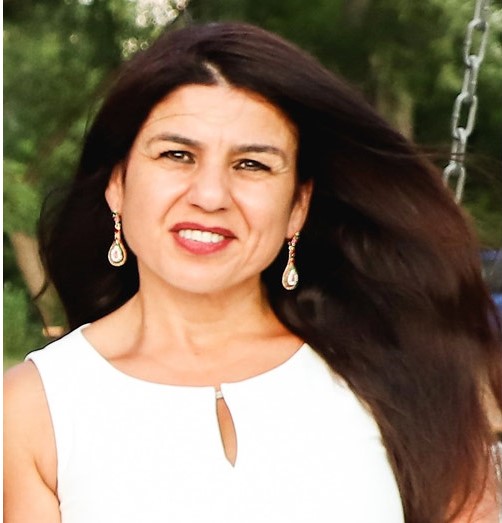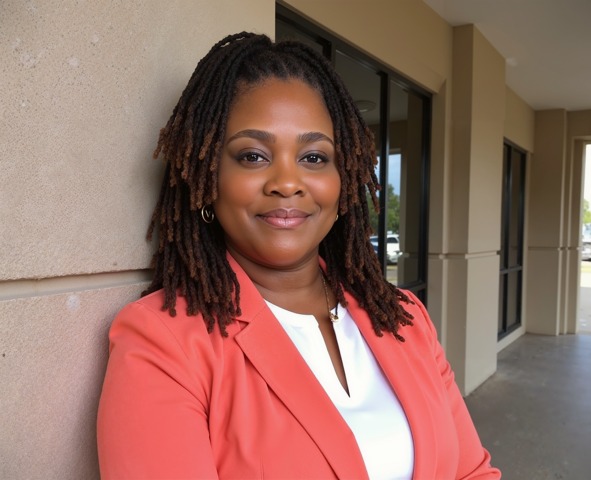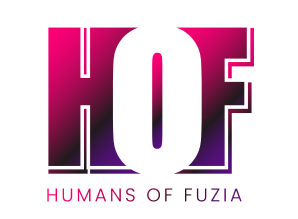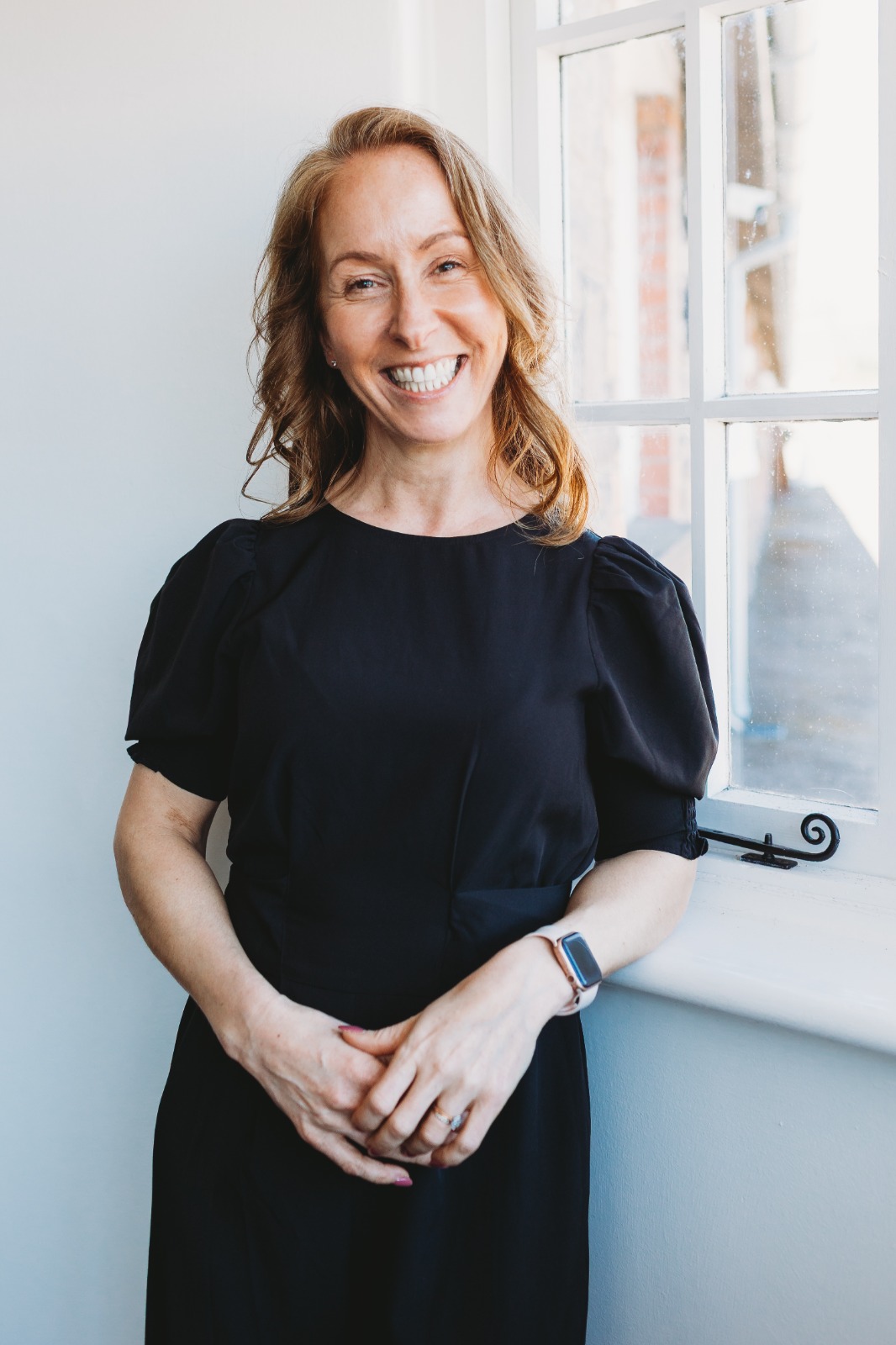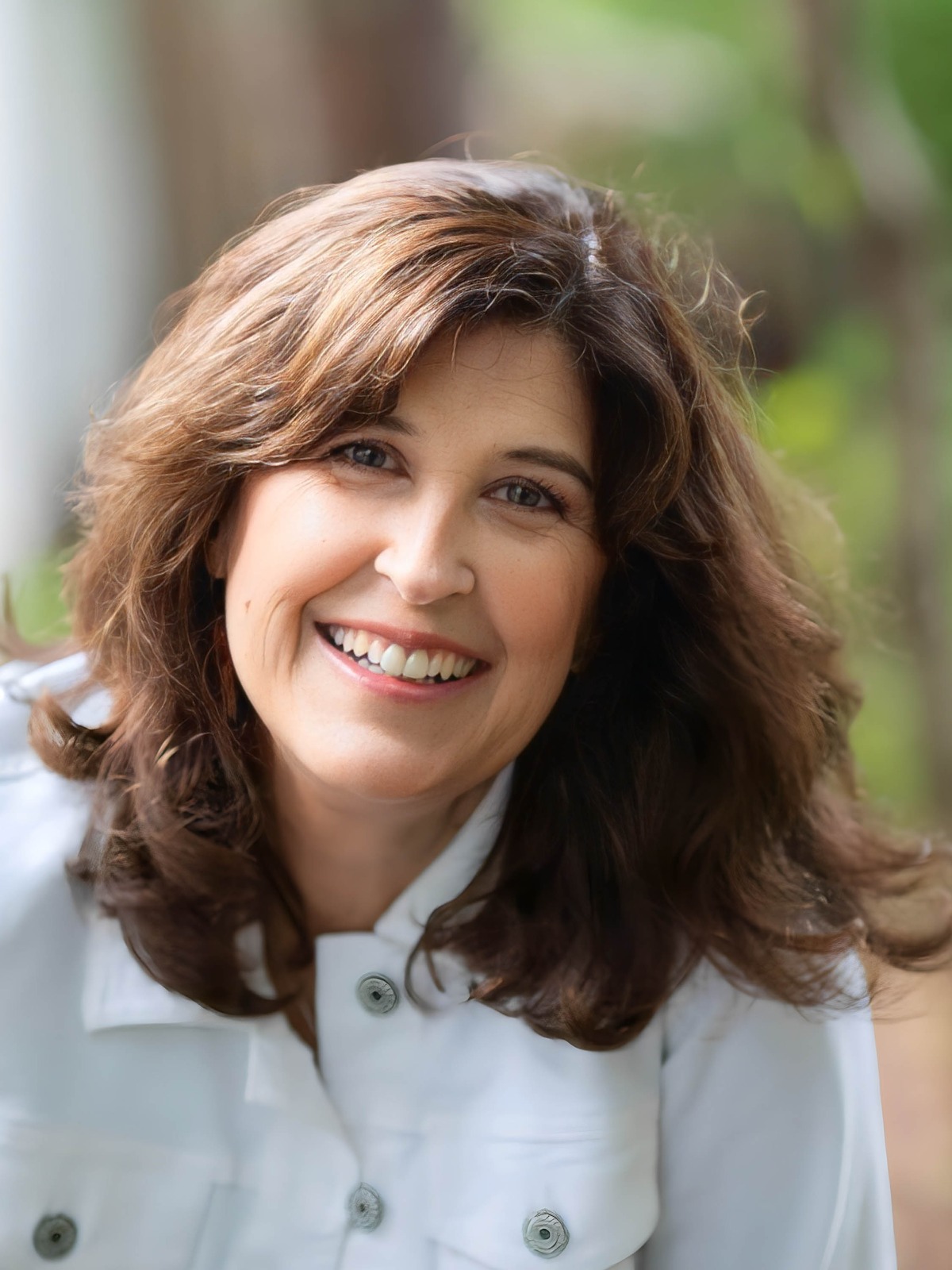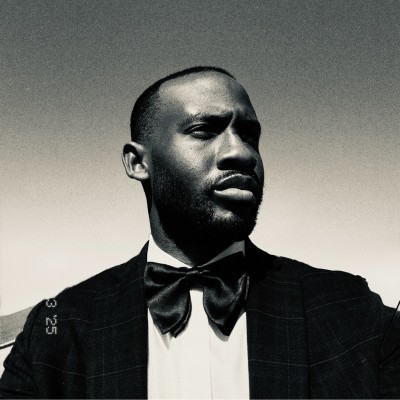Weam Namou is an Iraqi-born author, filmmaker, and journalist who turned her own story of displacement and identity into a lifelong mission to amplify unheard voices. Born in Baghdad and raised in the U.S., she has carved a path in storytelling that bridges cultures and generations. Through her production company Unique Voices in Films, and her award-winning feature Pomegranate, Weam brings the narratives of Middle Eastern women to the global stage. Humans of Fuzia is honored to feature her story—one of resilience, purpose, and creative defiance—to inspire our 5 million–strong community dedicated to uplifting women everywhere. Her journey reflects our shared belief in She for She and He for She, where empowerment begins by amplifying each other’s voices.
Q: Tell us a little about your early life and what inspired you to become a storyteller.
Weam Namou: I was born in Baghdad as a Chaldean—Neo-Babylonians who still speak Aramaic, the language of Jesus. Growing up as a minority Christian and a woman in a Muslim country had its challenges, though I was too young then to grasp the full picture. My family fled Iraq when Saddam Hussein came to power, moving first to Jordan and then to the United States.
Coming to America was a cultural shock. I had read Gone with the Wind in Arabic and imagined a world of horse carriages and puffy dresses! But once here, I discovered a completely different reality. Still, I was deeply nurtured by my new community and education. By the age of 19, I decided to devote myself to writing instead of law, knowing this was my calling.
Q: You’ve written, directed, and produced films. How did you make that transition from writing to filmmaking?
Weam: Writing was always my first love. But over time, editors and agents were drawn not just to my writing but to my heritage—they kept asking about the Chaldeans, a people rarely represented in mainstream media. I realized I had a responsibility to tell those stories myself.
In 2003, I pitched my story ideas at a film conference in British Columbia. Two male producers dismissed me, even winking at each other as if my ideas weren’t worth considering. That moment changed everything. I realized my films wouldn’t be made unless I made them. I went to film school—one woman among 24 men—and decided to do what Mira Nair did for her culture, but for mine.
Q: What was your journey like creating your first feature film, Pomegranate?
Weam: It was a long and challenging journey. Pomegranate started as a script that became a quarter-finalist in Francis Coppola’s Zoetrope competition. That opened doors to collaborations, including with producer Scott Rosenfelt of Home Alone fame. The film eventually won over 50 international awards and is now available in 25 countries.
But behind that success was a lot of hard work. We had a limited budget, so I turned my own home into the film set. My husband and family supported me through three weeks of filming chaos! It was an exhausting process, but when I saw the story come to life on screen, I knew every sacrifice was worth it.
Q: Filmmaking is such a collaborative art. What did you learn from that experience?
Weam: That teamwork is everything. Writing can be solitary, but filmmaking is deeply collaborative. You depend on your crew, your actors, your editors—everyone brings a piece of the vision. I learned that choosing the right people is key. I’m not a technical person; I don’t grab the camera. My strength is storytelling and directing. I know the emotional core of the story and how I want it to feel. When you have a team that believes in the vision, even when resources are limited, they’ll move mountains with you.
Q: What were some of the biggest challenges you faced as a woman filmmaker from the Middle East?
Weam: The hardest part was realizing that support doesn’t always come from where you expect it. When I made Pomegranate, a story about a Muslim and Christian family living across from each other, we received awards from all over the world—India, Japan, Europe—but none from the Arab world. It’s heartbreaking that stories about unity and empowerment from our region don’t always receive encouragement from within it.
Funding was also a struggle. At one point, I had COVID and was hospitalized, yet I kept working to ensure filming stayed on track. It tested my endurance in every way, but faith and persistence carried me through.
Q: Your work often touches on spirituality and feminine strength. How has that shaped your journey?
Weam: My spiritual teachers changed my life. My first teacher, when I was 19, was from India. Later, I studied under Native American mentors and finally with Lindsay Andrews, a remarkable teacher who founded the Medicine Woman school. Her passing two years ago inspired me to carry her teachings forward.
These women taught me that spiritual work from the feminine perspective is transformative. It’s about empowerment through compassion, wisdom, and connection to the earth. That’s the foundation of everything I do today.
Q: What message do you want women around the world to take from your journey?
Weam: Never give up, even when your community—or the world—tells you no. Hollywood told me no. My own community hesitated. But I decided to fight for my dream as if my life depended on it. When your message is true and your heart is aligned with your purpose, you’ll find what you need. The help, the people, the opportunities—they appear once you refuse to quit.
“You have to fight for your dreams as if your life depends on it. Everything you need is already within you—just keep knocking, and the right doors will open.”
Connect with Weam Namou:
You can connect with Weam Namou on LinkedIn and explore her work at www.weamnamou.com.
Want to be featured?
If you’d like to be featured in the Humans of Fuzia series, email us at fuziatalent@fuzia.com.



